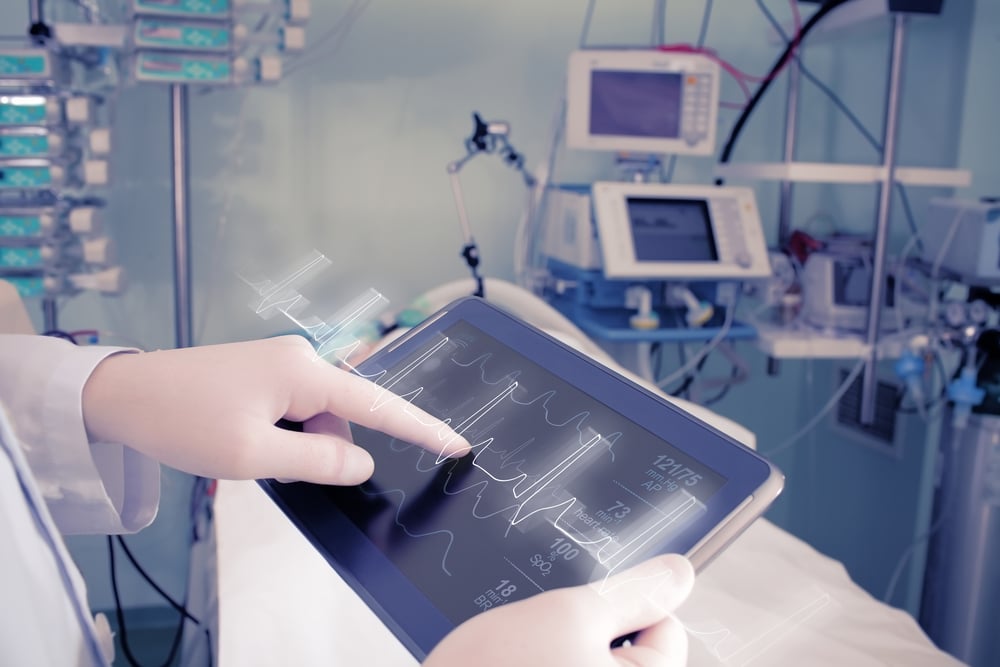
The impact of the COVID-19 global pandemic will be evaluated, studied, and felt for years to come, especially in the medical device industry. To protect public health, health care providers needed to be able to deliver care when they could not safely be near their patients. Technologies to overcome that and other challenges presented by the pandemic have been accelerated and fast-tracked to market – technologies previously backburnered or stuck in development. The U.S. Food and Drug Administration (FDA), the government body that regulates medical devices, issued regulatory guidance allowing flexibility, including a temporary waiver of premarket notification requirements under section 510(k) of the Food, Drug, and Cosmetic Act, otherwise known as 510(k) clearances. With all its challenges, the pandemic has paved the way for many recent advances in medical technology.
Advances in Medical Technology: What Does the Future Hold?
Innovation has always been a cornerstone of the health care and medical device fields, and many specialties are evolving and benefiting from technology and medical advances. But there are a few areas where the most promising recent advances in medical technology are emerging. Medical technology can:
Diagnose disease: Disease diagnosis was a hot topic of conversation in the early stages of the COVID-19 pandemic. There was a rush to develop and distribute testing methods that could quickly and effectively diagnose the illness and combat its spread. However, health care technology advances in disease diagnosis were emerging before the pandemic as well. For example, in 2017, the FDA approved a popular at-home DNA test to detect risk for 10 different diseases based on genetics.
Monitor patients: The pandemic unquestionably led to recent developments in medical technology around patient monitoring. The need for social distancing and maintaining clinical spaces for critical care necessitated technological advances in medicine especially in the areas of remote patient monitoring, mobile medical devices, and virtual health care delivery. Blood glucose levels and cardiovascular vitals can be monitored without a patient stepping foot into a doctor’s office or hospital.
Personalize medicine: Many of the latest technological advances in medicine involve artificial intelligence (AI). AI is technology that mimics human activity, decision-making, and learning. In the health care industry, AI-based medical devices have the capability to automate tasks, synthesize data from multiple sources, pinpoint trends, process and analyze information from wearable sensors, identify disease or the onset of medical conditions, predict risks for disease, or complications, and support research. AI could have far-reaching applications in chronic disease management, medical imaging, and the Internet of Things (IoT).
The potential of recent developments in medical technology is limitless. These developments will allow medical professionals to collect data, diagnose, and treat medical conditions more accurately and less invasively, improving the health and health care of people all over the world.
Sterling Medical Devices has worked on the cusp of medical technology since its inception. We have a refined experience with modern medical device prototypes, significantly increasing the efficiency of production. We sift through the research that not only puts you ahead of the game at the onset of the project but prevents you from derailing along the way. We also know that a medical device prototype —while being a pilot product— requires intentional, repeatable testing to ensure feasibility. Risk management is integrated into every phase of Sterling’s medical device prototype development lifecycle so that the end product adheres to industry standards. If we can help your medical device company keep pace with recent developments in medical technology, please contact us today.



